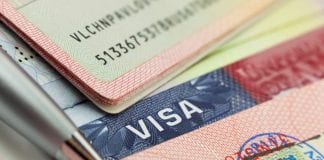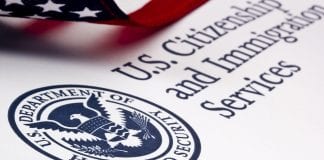Caribbean and other immigrant communities across the United States are bracing for potential mass deportations as Donald Trump vows to enact the largest removal operation in U.S. history.
His pledge to begin deportations on Day 1 of his presidency has sparked anxiety, particularly in states like Florida and New York, which are home to some of the largest Caribbean immigrant populations in the nation.
According to the Migration Policy Institute, two-thirds of Caribbean immigrants in the United States resided in Florida and New York during the 2015–2019 period, with 41% in Florida and 25% in New York.
Miami-Dade County in Florida alone was home to approximately 864,800 Caribbean immigrants, representing 20% of the total Caribbean foreign-born population in the U.S.
Trump’s proposed mass deportation plans face several challenges, including logistical hurdles, legal battles, and opposition from local law enforcement in certain areas. Immigration advocates warn that targeting these communities will destabilize families and erode trust in public institutions.
Murad Awawdeh, president of the New York Immigration Coalition, and other advocates have also raised alarm about reports that the Trump administration may revoke policies restricting Immigration and Customs Enforcement (ICE) agents from making arrests at or near “sensitive locations” without prior approval. These locations include schools, houses of worship, and hospitals, which advocates argue should remain protected spaces.
“This move will discourage families from sending their children to school or seeking essential services,” Awawdeh said.
Natalia Aristizabal, deputy director of Make the Road New York, echoed similar sentiments, urging state officials to enact protections for immigrant communities.
“Everyone deserves to attend church or school without fearing arrest or separation from loved ones,” Aristizabal said, calling on Governor Kathy Hochul to prioritize measures like the New York For All Act.
The Department of Homeland Security estimates that as of 2022, approximately 11 million unauthorized immigrants live in the United States, including individuals who may have Temporary Protected Status (TPS) or Deferred Action for Childhood Arrivals (DACA). Nearly 80% of this population arrived before 2010, and many have lived and worked in the U.S. for decades.
Trump’s first administration deported nearly 1.2 million people, a figure dwarfed by the Obama administration’s 2.9 million deportations during its first term. However, Trump’s campaign rhetoric has targeted sanctuary cities and immigrant communities with renewed intensity.
Immigration enforcement plans are reportedly in progress for cities like Chicago, Washington, D.C., and Denver, while other major hubs such as Miami and New York City remain likely targets due to their large immigrant populations.
For Caribbean immigrants, the stakes are particularly high. The majority of Caribbean-born U.S. residents live in states like Florida and New York, where local economies and communities rely heavily on their contributions. In Miami-Dade County alone, where Caribbean culture is deeply embedded, immigrants make up nearly half the population.
Advocacy groups argue that aggressive deportation policies would not only harm individuals but also disrupt local economies and strain public resources.















